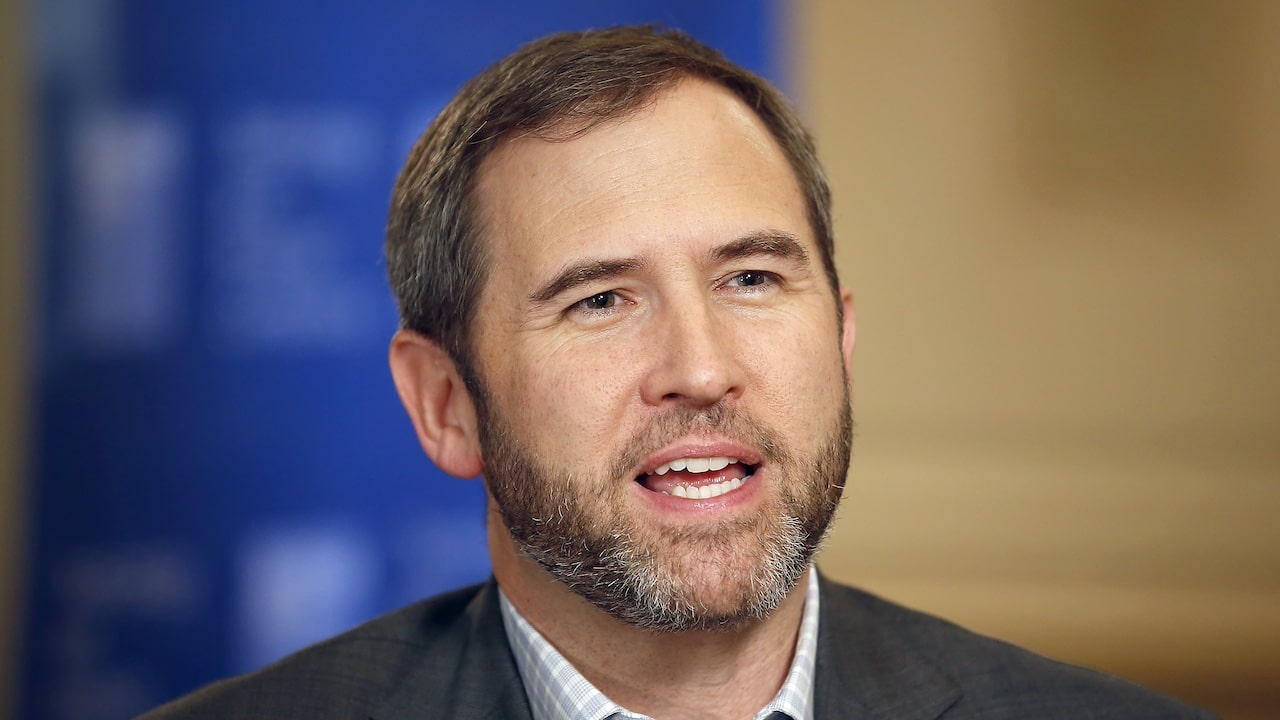Amidst the swelling misconceptions over Thursday’s ruling in a case involving Ripple, its CEO, Brad Garlinghouse, has attempted to clear the air. In a tweet on Friday, Garlinghouse stated that the ruling by the California judge was a big step in confirming that XRP was not a security.
“To be absolutely clear, this is a big win-all class action claims in the suit were DISMISSED, and absolutely nothing in the decision negates or changes the fact that XRP is, in and of itself, not a security (per the NY Court decision). The CA ruling dismissed all allegations that Ripple had somehow violated federal securities law by selling XRP,” Garlinghouse tweeted.
Ripple pushed for a summary judgment in the California Court on Thursday, seeking to dismiss allegations that the firm violated state securities law in 2017. The presiding judge, Judge Phyllis Hamilton, dismissed four of the five cases against Ripples but allowed just one to go to trial.
“We are pleased that the California court dismissed all class action claims. The one individual state law claim that survived will be dealt with at trial,” Ripple’s Chief Legal Officer said in response to the Thursday ruling.
Jury to Hear Case Against Garlinghouse
The pending lawsuit against Ripple claims that Garlinghouse misled investors by claiming to be “very, very long XRP” while the CEO was selling his XRP bag. Galinghouse promoted XRP purchases to the public in a 2017 televised interview with BNN Bloomberg but allegedly sold millions of the token on different exchanges throughout the year.
Ripple’s legal team fought to dismiss the case, claiming XRP was not a security under Howkey’s law. Hence, the court should trash arguments that Garlinghouse misled the plaintiff into buying a security. The lawyers cited an earlier ruling by Judge Analisa Torres, who stated in a US District Court that XRP doesn’t fit in as a security when sold directly to retailers on an exchange.
Garlinghouse expressed confidence that the allegations would not hold water during trials, branding the lawsuit as a ploy to exploit the US legal system to extort firms.
“As for the single state law claim that will now be scheduled for trial: the sole plaintiff didn’t buy XRP directly from Ripple and can’t say if he even heard the statement before he traded and only owned a couple hundred XRP. This was a clear example of the trolls that unsuccessfully tried to take advantage of the US legal system and distort statements to seek 100’s of millions in class action settlements,” Garlinghouse said.
The California lawsuit is parallel to Ripple’s ongoing legal battle with the US Securities and Exchange Commission (SEC), in which the regulator claims the crypto firm was offering unregistered securities to its citizens
